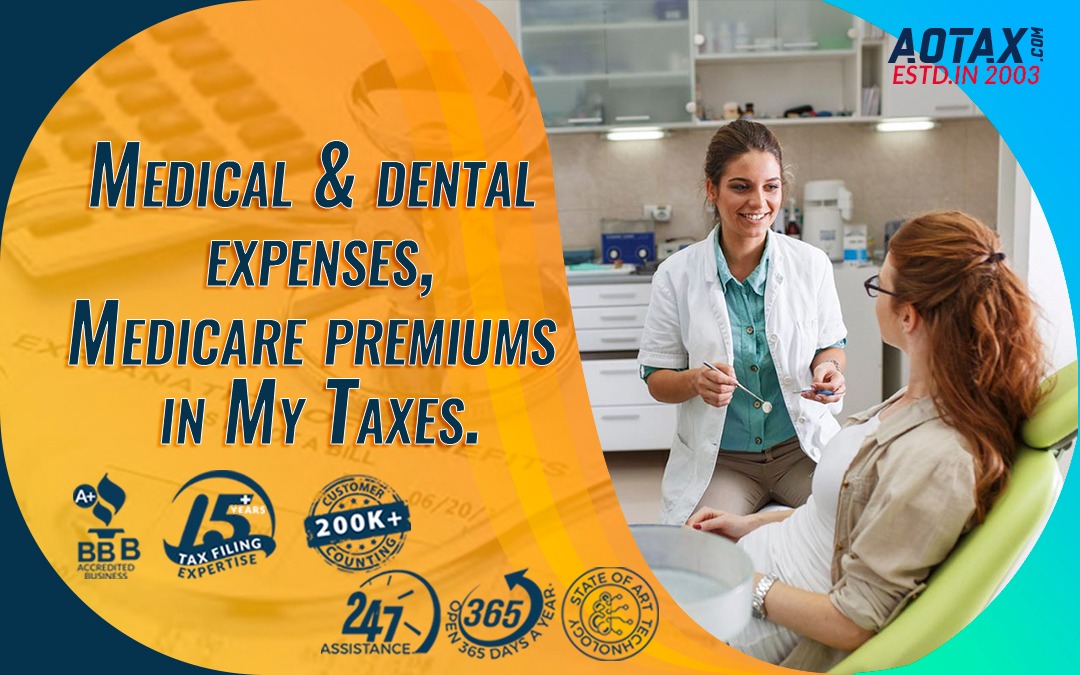Tax Saving Tips for Contractual
and Project Based Employees
Tax Saving Tips,Being a contractual or project based employee has quite a few benefits when it comes to taxes. For an instance, you are eligible for a few tax deductions without even having to itemize the same. The following are some great ways of saving money on tax dollars if you a contract and/or project based employee.
Include Business Expenses
A lot of contract employees either shy away or are too skeptical when it comes to deducting business expenses from their returns.As a project based or contract employee, it is imperative that you keep a track of all your earnings throughout a year. If you can manage, having separate cards and accounts for business and personal usage would be ideal.
Any expenses that you pick up as part of your job, you can deduct the same. However, it must be required by your business or job profile and not any made up costs. A lot of contractual employees forget to do the same and end up paying more taxes than they should ideally pay.
For example, you can deduct mileage spent for work related travels or pay up internet bills if you use the connection only for work. The same also works for business related travels or meals.If you spend money on marketing research or coaching, you can deduct those as well.
Health Insurance
Getting a health insurance while you are a contract based or project based employee is a win-win situation for you. Firstly, you create a shield for yourself when it comes to medical expenses. Secondly, you can deduct the premium amounts from your net income; thus, reducing your tax liability. You can make use of health savings accounts as well to reduce your tax liability.
Be Organized
It might sound a bit silly, but trust us it is not. If you keep a track of all your earnings and expenses on a regular basis, it just irons out the tax filing process. A step as simple as keeping all tax related paperwork in a folder from the beginning of the year is helpful. It will ensure you do not lose hairs due to stress at year end while doing taxes. Also, reviewing the same on a regular basis will give provide you with better opportunities to save taxes as and when you can?
Retirement Plan
This is one of the easiest ways by which you can save money on taxes and yet secure a good future. Setting up a retirement fund allows you to save taxes. The money that you invest in such funds also grows tax free, provided you do not withdraw the same before the anticipated time. You can check if your employer provides with any such benefits, as they get to save taxes under the same pretext.
File On Time
This is another of those seemingly easy things to do, that a lot of us miss out on. Not filing the taxes on time is something that you must avoid at all costs. It just doesn’t make sense to pay taxes and fines for late filing on the top of it. Being organized from the beginning of the year would ensure an easier tax filing season.
Of course, there are emergencies and other work which need higher attention to be paid. If you anticipate any such things, it is better to go with an extension of tax filing. It will give you additional time to file your taxes.
Being aware of your tax liability helps you, as you know where you can save some of your hard earned money.







Recent Comments